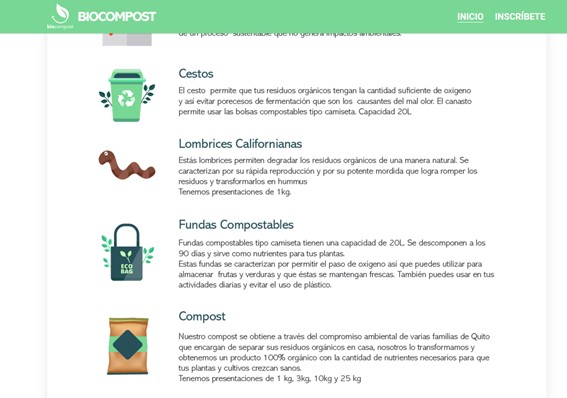Disclaimer:
Please be aware that the content herein is comprised of personal reflections, observations, and insights from our contributors. It is not necessarily exhaustive or authoritative, but rather reflects individual perspectives. While we aim for accuracy, we cannot guarantee the completeness or up-to-date nature of the content.
In Quito, around 2,000 to 2,400 tons of garbage are generated daily. That means that every 2 months we Quiteños can fill the Atahualpa Olympic Stadium with garbage. Likewise, the production of garbage in the city continues to grow exponentially.
More than half of the garbage we generate is organic waste and it can be easily decomposed. That is, they do not need large amounts of energy to transform. Despite this, they are a source of pollution since if they are not used correctly they produce methane (CH4), which is 25 times more polluting than carbon dioxide (CO2).
Quito lacks an effective treatment for the management of organic waste. This solution was found when ideating about how herbalists could increase their livelihoods and use their surplus medicinal plants in a way that it didn´t get wasted. Composting is an interesting alternative, but for them, it requires transportation from the market to their plots to compost and time, which is very scarce. Outsourcing their organic waste may be a more viable alternative, and in return they would get a valuable material so needed for their orchards.

 Consent to share form or official link.
Consent to share form or official link.

 12Responsible consumption and production
12Responsible consumption and production 13Climate action
13Climate action
Comments
Log in to add a comment or reply.